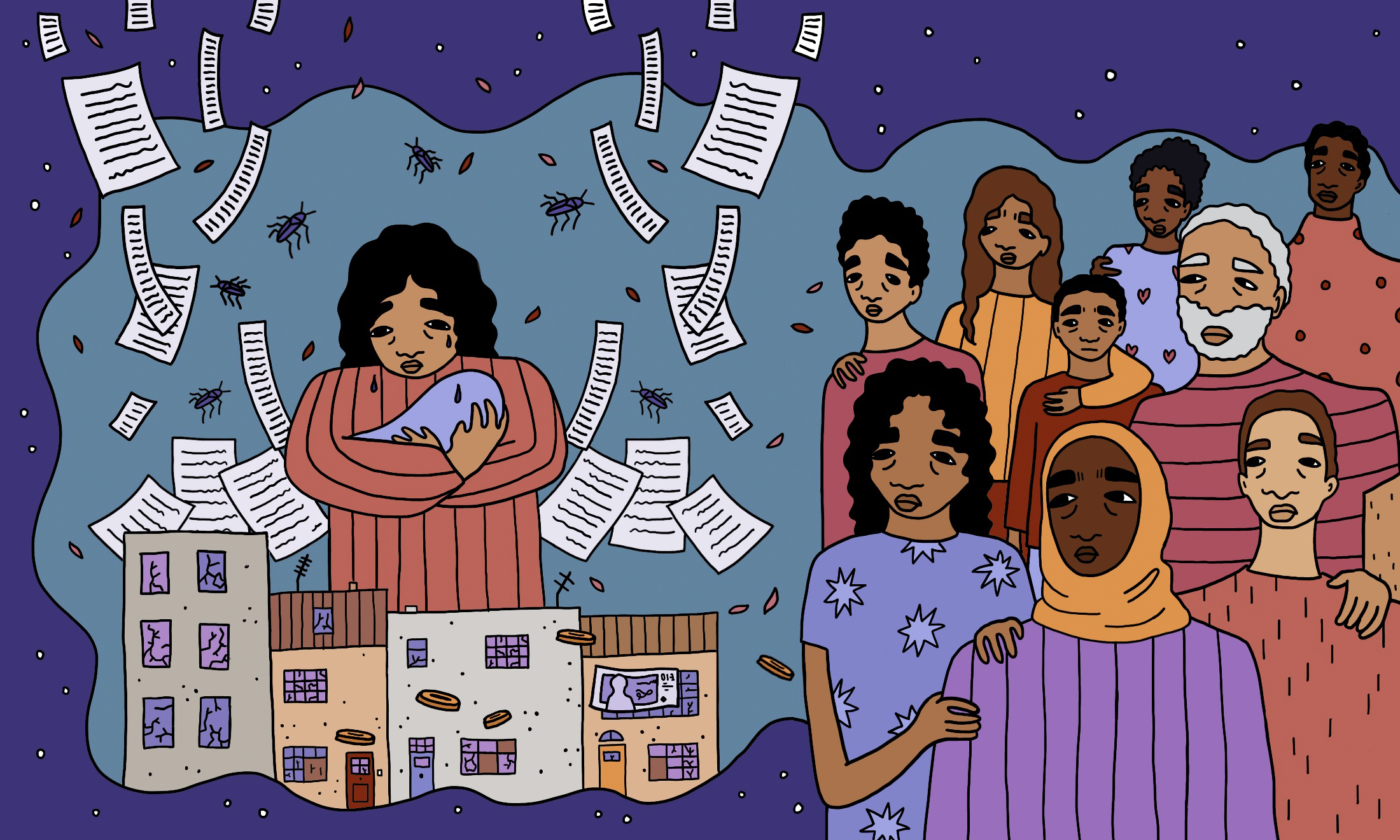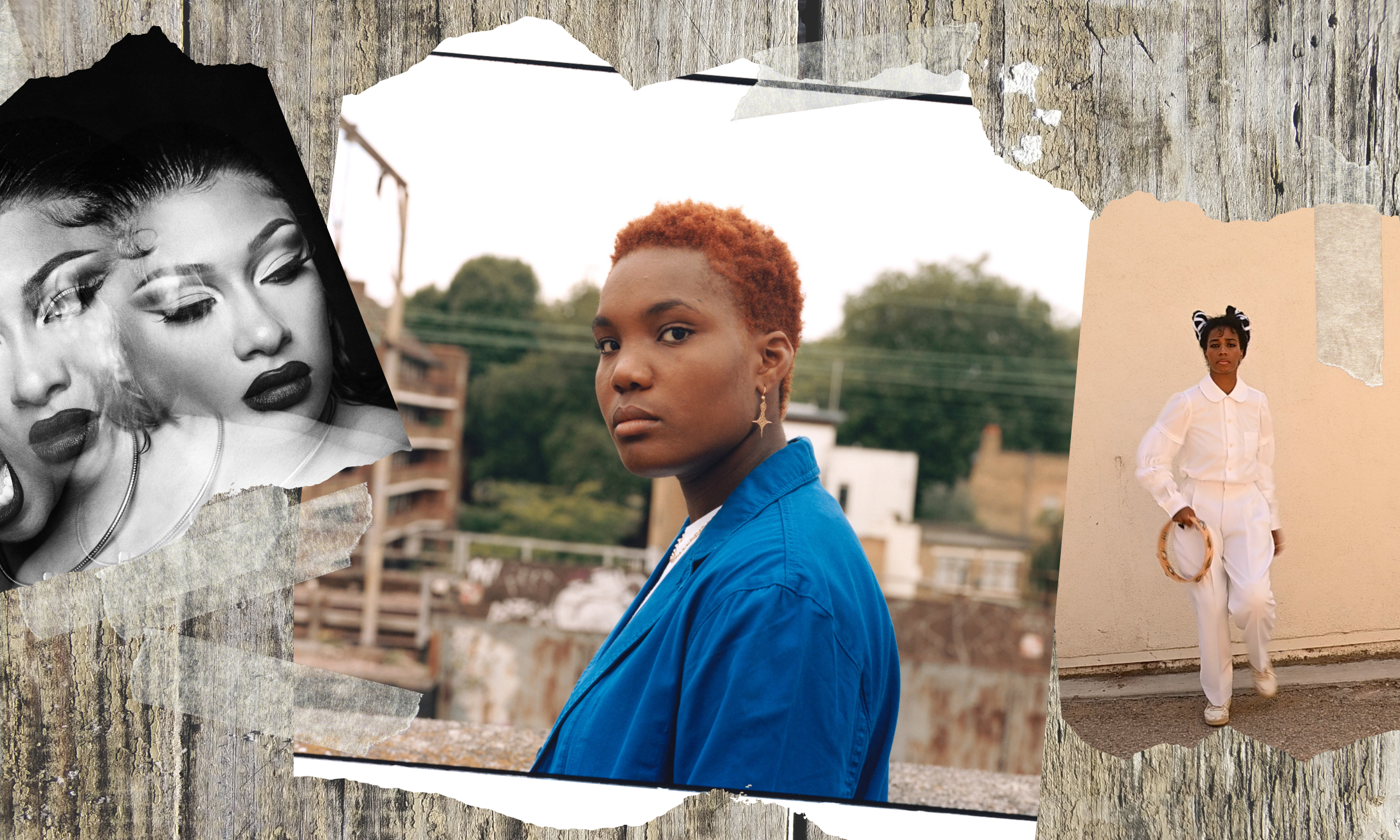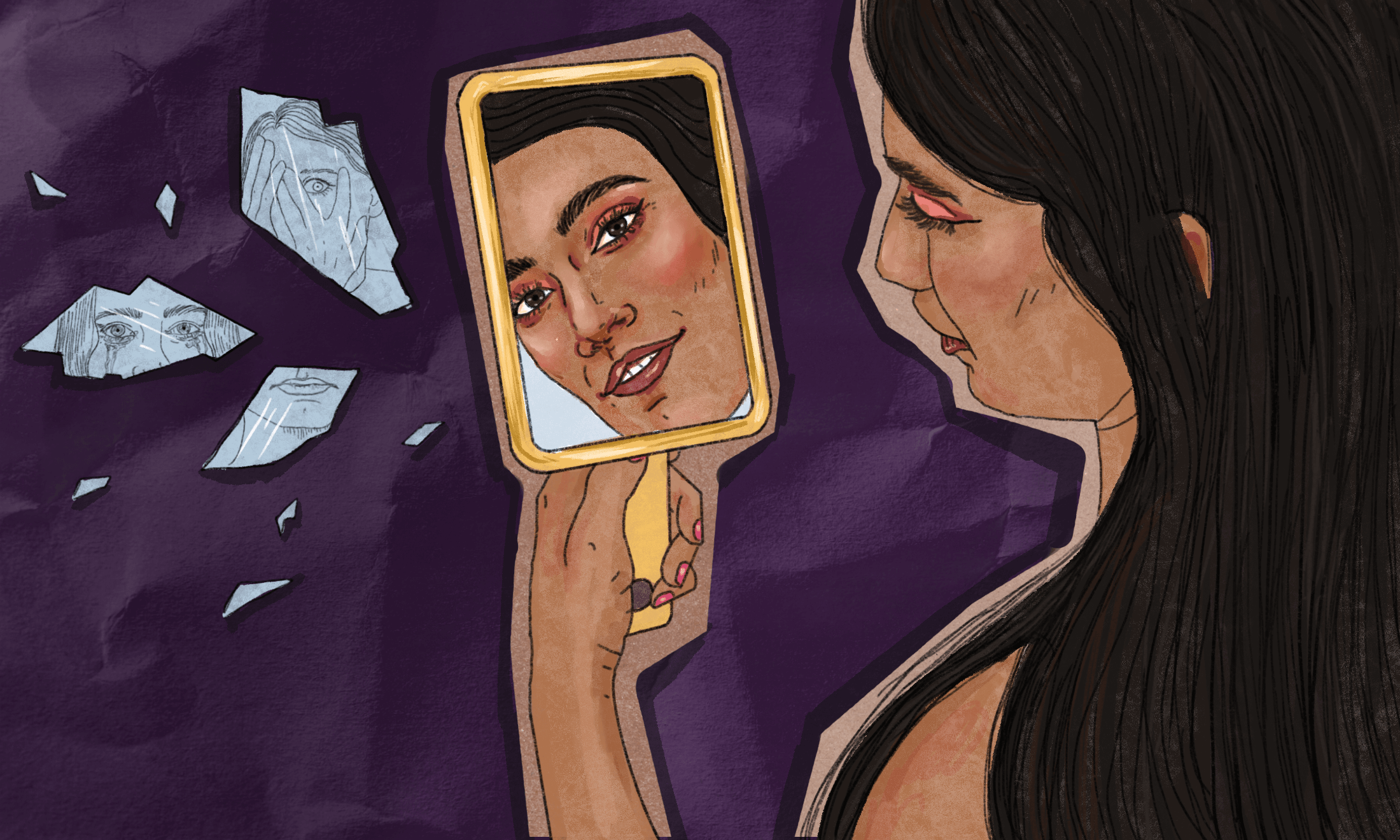
Imagine seeing your face on the front of a magazine with the caption “DEPRESSION: IT’S TIME TO TALK… WISE WORDS FROM STORMZY…” without giving permission or even knowing it was going to happen. Also imagine, that you had already declined being on the cover and not actually spoken to the magazine.
Thanks to NME magazine, this happened to an artist who has just given us the absolute gift that is Gang Signs & Prayer.
In a Twitter thread today, Stormzy denounced NME for using him as a poster boy for depression:
“Just imagine a personal battle of yours being published on the front of a magazine without your permission.”
He called NME “the biggest bunch of sly, foul PAIGONS” and explained, “the reason I’m so angry is because NME have been begging me to be on their cover. I have refused. Then they do this.”
after I spoke on it I realised how widespread the issue is which made me think ok kool maybe that was the right thing to do at first
— HEAVY IS THE HEAD (@stormzy) March 16, 2017
I should at least have a say in whether my face is used for a campaign. I've no issue with sharing my story but, with my permission!
— HEAVY IS THE HEAD (@stormzy) March 16, 2017
again, my issue is not about me speaking out about it. That is fine and I'm happy I'm able to help but they've been very foul here
— HEAVY IS THE HEAD (@stormzy) March 16, 2017
In a time when the lack of trust towards the media is increasing at a troubling rate, this move by NME magazine is worrying. Although, it isn’t the first time – last year one of their journalists incorrectly stated that Giggs advocated rape in his lyrics. Writing personal lyrics about your struggle with depression should be appreciated, especially when they have the power to spark public debates, but ultimately, the artist should always be in control of their own narrative.
Of course, with the release of an album that went straight to Number 1 on the UK Charts in its first week, there comes a whole new level of exposure. But while Stormzy is an artist, he is first and foremost a person. He showed this in his music, where he discussed his depression and invited us into his dark and intimate thoughts – so why is it that a magazine with such a platform has the audacity to exploit him without his permission? No matter how much fame or prominence a person has, they should always have the right to decide when and where they share their personal experiences.
Music is an incredibly powerful tool, and songs such as ‘First Things Firs’t and ‘Lay Me Bare’ have the potential to initiate a discussion about mental health, particularly amongst other young, black men who are more likely to suffer from mental illness. There is no denying that these conversations need to be had, as suicide is the biggest killer of young men in the UK, but making an unaware Stormzy the face for this campaign is downright unscrupulous.
Considering that he had refused to be on the cover of NME, their behaviour is exploitative. As Stormzy himself tweeted, “DEAD. You’re NOT a non-profit organisation. The more copies you dish out the more you charge for advertising. You will make money from this.”
NME responded: “Our only intention was to raise awareness of an issue that we’ve been inspired to talk about following your comments…”
There is no excuse for publishing such a misleading cover, but NME are not the first to do so in an underhand way. Amplified by the fact that a printed headline is more permanent than a digital one, this is a disturbing and seemingly unavoidable result of clickbait culture.









